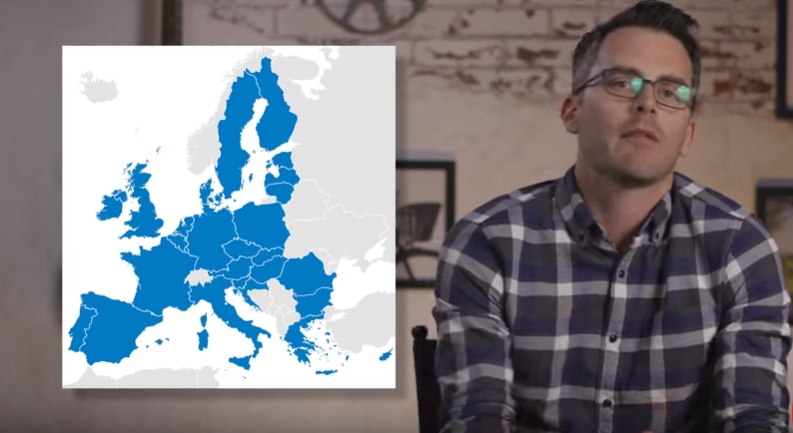
The European Union is preparing a revised copyright law guideline that mandates strict copyright protection. Too strict regulation can lead to massive opposition movements. Among these, Article 13 of the Revised Copyright Law Directive, which asks the platform operator to be liable for copyright infringement, can have a significant impact. YouTube has released a page that explains what Article 13 is and how it will affect YouTube content and creators.
Article 13 is an online copyright amendment submitted by the EU. The goal is to protect copyright more effectively and protect creativity of creators online, and to promote copyright protection more effectively than ever before.
The important thing is that YouTube also participates in the purpose of Article 13, which protects creators and promotes success by creating content. However, if we move Article 13 into the current draft of the EU, it could lead to unexpected serious consequences. It can affect hundreds of thousands of creators.
Why is Article 13 a problem? If the current draft comes into force, massive YouTube videos, including already publicly available videos, can be forced to be discontinued. According to article 13, the video uploaded to the EU’s YouTube is significantly limited. The range of images to be restricted is wide. Education-related videos, official music videos, cover images by fans, mesh-ups and parody images may also be subject to suspension.
If YouTube finds a video that is in violation of the community guidelines for copyright infringement etc. in the ongoing violation warning system, it will delete the video and warn the user. However, if Article 13 enters into force, it will not be able to use such a structured system to confirm uploads and remove violations if found. Not only YouTube, but Facebook, Instagram, Sound Cloud, Reddit, and all other platforms are responsible for copyright when the content is uploaded, so the platform will not disclose any content Should be. In reality, since the rights relationship is not clear, most of the images are subject to disclosure.
All platforms, including YouTube, should not be able to provide complete copyright information about images and music already in public or upcoming content, and content creators must not disclose any images that are unclear.
Platforms such as YouTube should stop disclosing content that has already been disclosed to EU users if there is any problem with content copyright information. Even if you do not live in the EU, it is not irrelevant to content creators. Of course, the amendments to the Copyright Act of the EU, including Article 13, which was a problem at this time, have not been approved and are not yet legislated. However, if the European Parliament final vote is scheduled for March and April, it will be necessary to legislate within two years in the EU.
The important thing is to let the EU policy makers know that if they legislate Article 13 in their current state, a lot of side effects will arise. Indeed, many artists, businesses and organizations are protesting this. YouTube also appeals to the creators to post a video related to Article 13. The general public also has a hashtag (#SaveYourInternet) to ask the SNS to spread the problem of this guideline. For more information, please click here .


















Add comment